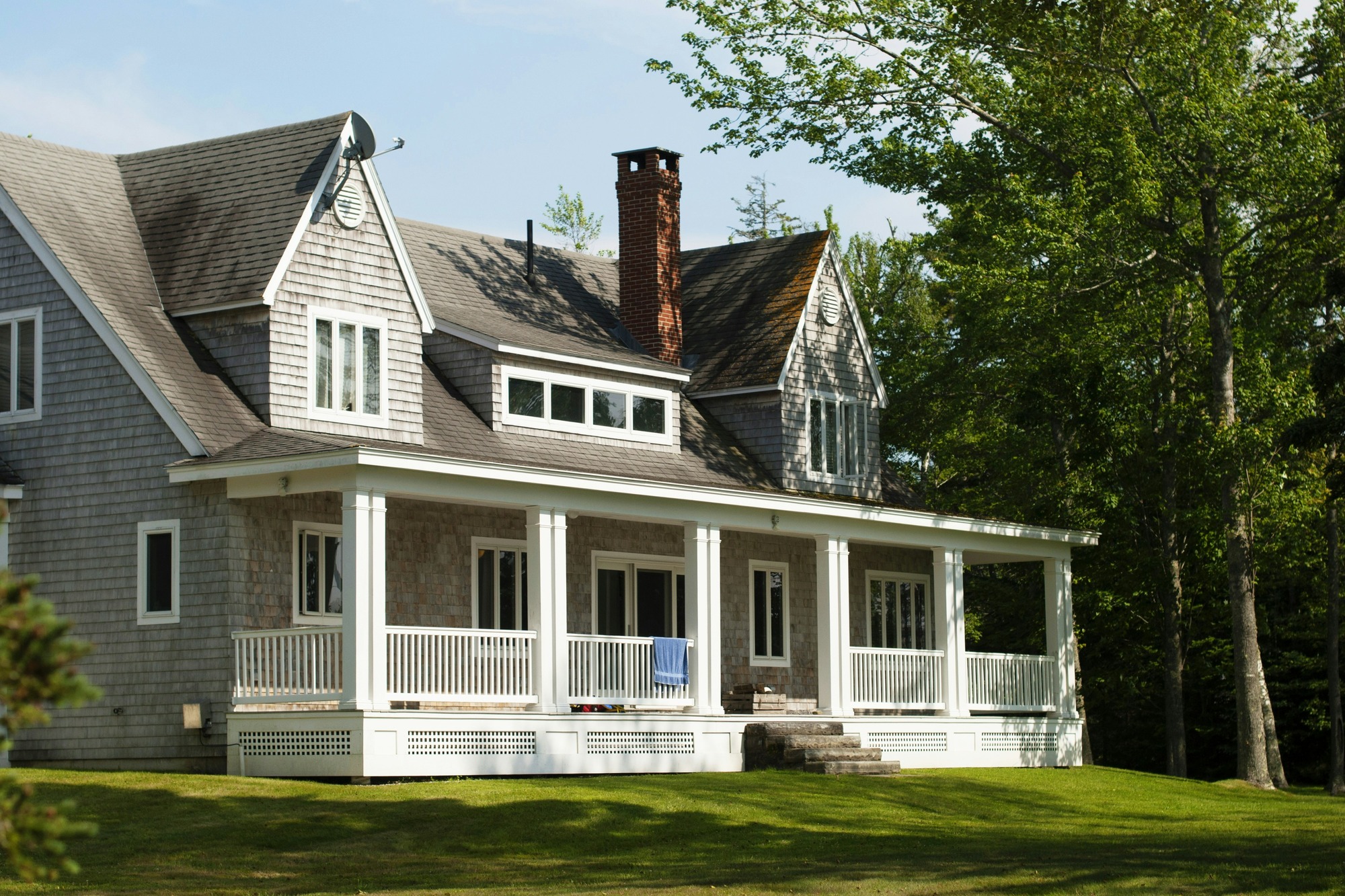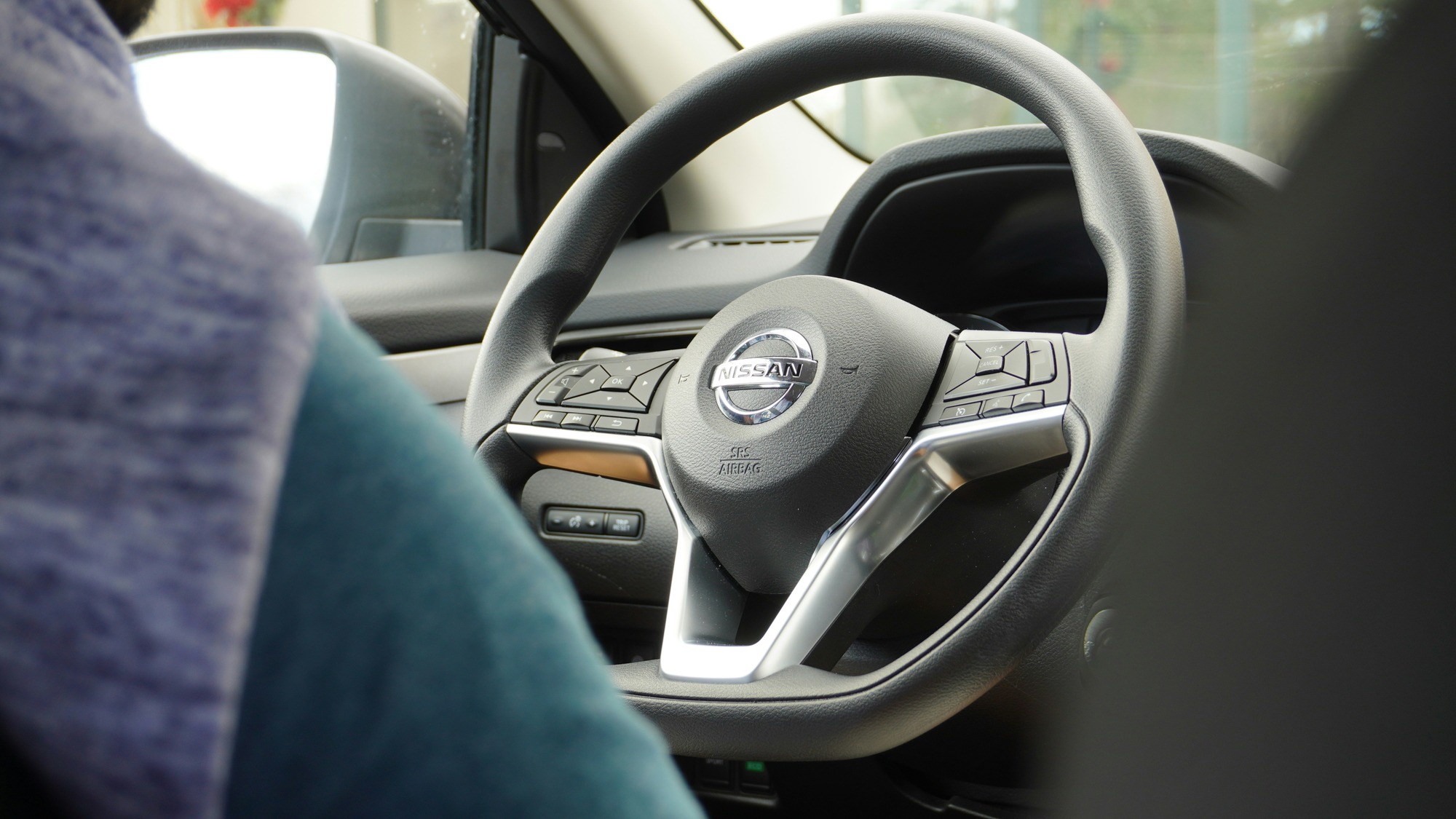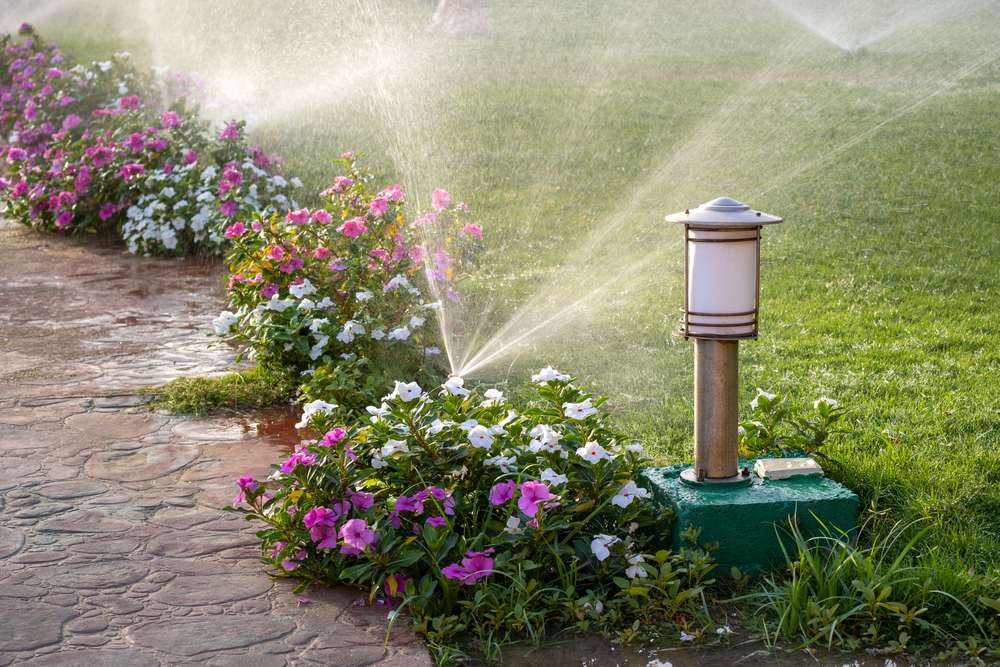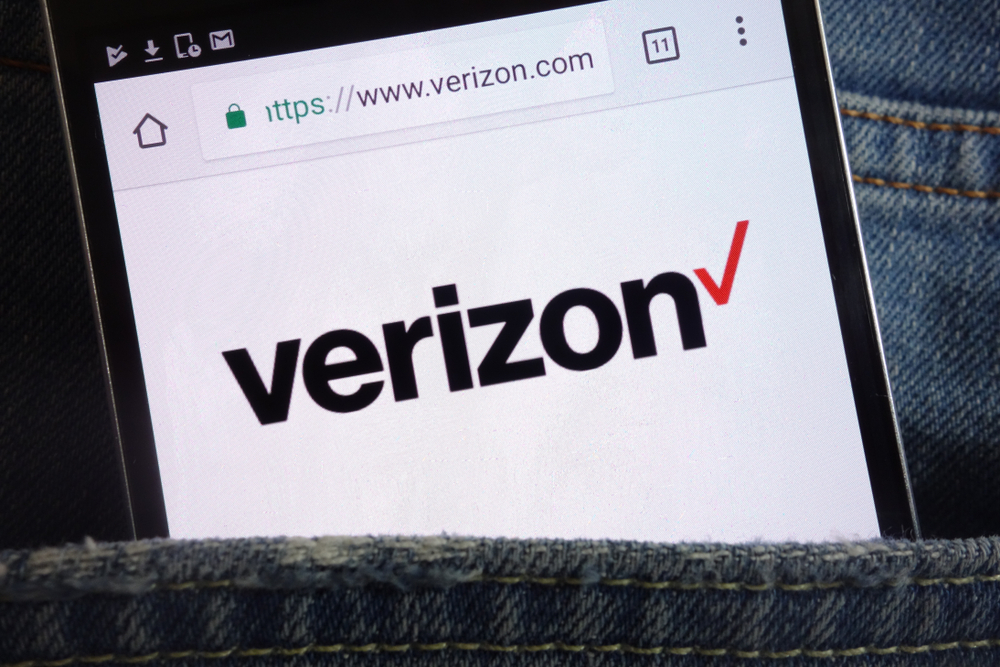
The idea of turning your home into an Airbnb can sound like a dream. Extra income, flexible hosting, and the appeal of meeting travelers from around the world—it all paints a rosy picture. But what happens after the listing goes live often tells a very different story. While some homeowners find success, others are blindsided by the behind-the-scenes challenges, unexpected costs, and lifestyle changes that come with short-term rentals.
The rise of Airbnb has given everyday people the chance to become hospitality entrepreneurs, but the transition from private resident to part-time innkeeper is rarely as simple as it looks. Managing guests, maintaining high standards, and staying compliant with local laws can quickly become a full-time job in disguise.
Your Free Time May Disappear Faster Than You Think
Managing an Airbnb sounds flexible…until it’s not. Responding to last-minute bookings, dealing with late check-ins, and handling unexpected issues like broken appliances or Wi-Fi outages can become a constant source of stress. Even if you automate parts of the process or hire help, the responsibility still lands on you. Hosting often requires being on-call in a way that few people fully anticipate.
Wear and Tear Comes Quicker Than You’d Expect
No matter how respectful your guests are, having a rotating door of strangers will impact your home. Furniture wears faster, small damages add up, and cleaning demands increase tenfold. Those charming little touches you carefully arranged? They might not survive the third bachelor party or the eighth family of five. What you once considered a sanctuary could start to feel like a revolving hotel room.
Local Regulations Might Get Complicated
Many cities are cracking down on short-term rentals with stricter zoning laws, permit requirements, or outright bans. Hosts can face steep fines or legal issues if they unknowingly violate local ordinances. Some neighborhoods are also beginning to push back, raising concerns about noise, parking, and the impact of transient guests on community culture. Before diving in, it’s essential to fully understand your area’s rules, and those rules can change fast.
The Income Isn’t Always Reliable
Airbnb is often advertised as a great way to earn passive income, but for many, the reality is more volatile. Bookings fluctuate seasonally, competition in popular areas can drive prices down, and unexpected cancellations or maintenance emergencies can eat into profits. Some months might bring in more than expected, while others leave you scrambling to cover costs you thought would be offset.
Privacy Becomes a Luxury
Opening your home to strangers means giving up a certain level of privacy. Whether it’s guests accidentally accessing off-limits areas, security concerns, or simply knowing that someone else is living in your space, the emotional toll can be surprisingly high. If you’re renting out a room while still living in the home, boundaries can get blurry quickly, and awkward situations are almost guaranteed.
Hosting Isn’t for Everyone, And That’s Okay
While hosting through Airbnb can be profitable and even enjoyable for some, it’s not a side hustle that comes without strings. Understanding the realities can help you decide whether it’s the right move for your lifestyle, finances, and mental well-being. Some people thrive on the interaction and extra income, while others find it drains their energy and disrupts their home life.
Would you ever turn your home into an Airbnb? Or have you had an unforgettable experience—good or bad—as a guest?
Read More:
Breaking Down Airbnb Rules: What Hosts and Guests Need to Know!
How To Qualify For An Airbnb Mortgage: 10 Tips For Success
Riley is an Arizona native with over nine years of writing experience. From personal finance to travel to digital marketing to pop culture, she’s written about everything under the sun. When she’s not writing, she’s spending her time outside, reading, or cuddling with her two corgis.












